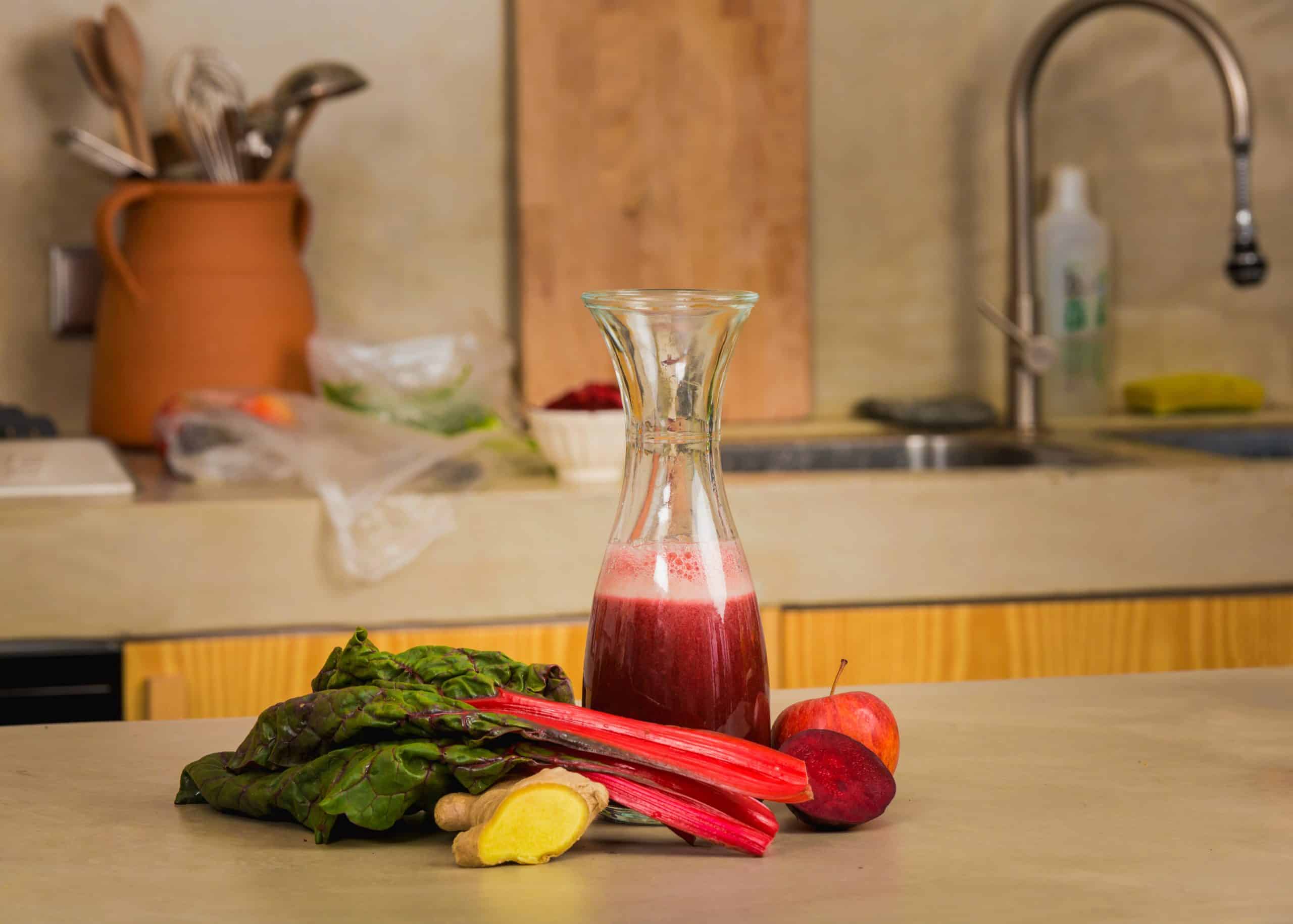How to Prepare a Balanced Meal Plan for an Overweight Golden Retriever?

Golden Retrievers are well-loved for their affectionate nature and intelligence. But, like any other breed, these dogs are prone to certain health issues, one of which is weight gain. Overweight dogs may face serious health problems such as heart disease, diabetes, and joint problems. As responsible pet owners, you should be aware of the importance of maintaining a healthy weight for your dog. In this article, we will explore the key considerations when preparing a balanced meal for your overweight Golden Retreiver.
Understanding the Golden Retriever’s Dietary Needs
First and foremost, understanding your Golden Retriever’s dietary needs is crucial in helping them lose weight. As a rule of thumb, the average adult Golden Retriever needs about 1,272 to 1,540 calories per day, while puppies require slightly more due to their faster metabolism. Keep in mind that these numbers should be adjusted based on your pet’s age, health condition, and activity level.
Also read : How to Introduce Clicker Training to a Stubborn English Bulldog?
A well-balanced diet for Golden Retrievers should include high-quality protein, fats, carbohydrates, and a mix of vitamins and minerals. Protein promotes muscle growth and repair, while carbohydrates provide energy. Fats are necessary for a healthy coat and skin, and vitamins and minerals help support overall health.
The Role of Exercise in Weight Loss
Exercise plays a critical role in your dog’s weight loss plan. While food control is essential, regular exercise will help your pet burn calories and boost their metabolism. Golden Retrievers, known for their energy and love for play, can benefit from a range of exercise options. These can include daily walks, swimming – a favorite activity of this breed – and games such as fetch.
Also to discover : What’s the Best Way to Housebreak a French Bulldog Puppy in an Apartment?
It’s advisable to start with moderate exercise, especially if your dog is significantly overweight. Then, gradually increase the intensity and duration of the exercise as your pet’s stamina improves. Remember, it’s important to consult with your vet before starting any new exercise regime.
Choosing the Right Food for Your Overweight Golden Retriever
The market is flooded with a plethora of dog food options, all claiming to be the best for your pet. However, not all of them will suit the needs of an overweight Golden Retriever. When choosing food for your dog, look for products that are high in protein and low in fats. Avoid foods that are high in carbohydrates and fillers, as they can cause your dog to put on weight.
Additionally, consider feeding your pet raw food. A raw diet can be beneficial as it’s often less processed and closer to what dogs would naturally eat in the wild. This diet can include raw meat, bones, fruits, and vegetables. However, make sure to consult with your vet or a canine nutrition expert before making a switch to a raw diet.
How to Portion and Schedule Feeding Times
Proper portion control is vital when trying to help your dog lose weight. Overfeeding is often a prime cause of weight gain in Golden Retrievers. To avoid this, measure your pet’s food using a standard measuring cup and resist the temptation to offer extra portions.
As for feeding times, most vets recommend feeding adult dogs twice a day. Puppies, on the other hand, require more frequent feedings – usually three to four times a day. Regular feeding times not only help control your pet’s hunger but also establish a routine, making training and housebreaking easier.
Monitoring Your Dog’s Weight Loss Progress
Finally, monitoring your dog’s weight loss progress is crucial. Regular weigh-ins will help you determine if your pet is losing weight at a healthy rate. Remember, weight loss should be gradual—losing too much weight too quickly can be harmful to your pet’s health.
In addition, regular vet check-ups are essential during this weight loss journey. Your vet can provide helpful advice and adjustments to your dog’s diet and exercise plan.
Remember, the aim is to ensure your Golden Retriever is healthy and happy. It’s not just about reaching a certain weight or size. Your love, coupled with a well-balanced diet and regular exercise, will go a long way in helping your dog achieve and maintain a healthy weight.
Incorporation of Green Beans in the Golden Retriever’s Diet
One popular strategy pet owners have found useful in helping their Golden Retrievers lose weight involves the use of green beans. These vegetables are low in calories but high in fiber, making them an ideal snack or food supplement for overweight dogs. Replacing a portion of your dog’s regular food with green beans can help reduce the overall calorie intake without leaving your pet feeling hungry.
However, green beans should not constitute the major portion of your dog’s diet. They are a supplement to a high-quality dog food that provides the necessary proteins, fatty acids, vitamins, and minerals. Before incorporating green beans into your pet’s diet, consult with your vet to ensure it’s appropriate for your dog’s specific health condition.
In terms of incorporating green beans, there are different methods you can explore. You could opt for fresh, canned, or frozen green beans. However, if you choose canned green beans, ensure they are low in sodium. Also, remember to wash the beans thoroughly and cook them without seasoning before serving them to your dog.
Lastly, gradual introduction is key. Start by adding a small amount to your dog’s meals and gradually increase the quantity as your pet becomes accustomed to them. This will not only prevent digestive upset but also allow your dog to adapt to the taste and texture of green beans.
The Role of Fatty Acids in the Golden Retriever’s Diet
Fatty acids, particularly Omega-3 and Omega-6, play an essential role in a Golden Retriever’s diet. They help maintain a healthy skin and coat, support the immune system, regulate body temperature, and aid in the absorption of fat-soluble vitamins. They also have anti-inflammatory properties, which can help manage conditions like arthritis, often seen in overweight dogs.
Wild-caught fish like salmon, mackerel, and sardines are excellent sources of Omega-3 fatty acids. Alternatively, fish oil supplements can be used under the guidance of a vet. For Omega-6 fatty acids, foods like chicken, egg yolks, and certain plant oils like flaxseed oil can be included in the diet.
However, it’s important to maintain a balance. While both types of fatty acids are beneficial, an imbalance can lead to health problems. Therefore, it’s crucial to consult with a vet or canine nutrition expert to determine the appropriate ratio of Omega-3 to Omega-6 fatty acids for your pet.
Conclusion
In conclusion, helping your overweight Golden Retriever lose weight may seem challenging, but it’s completely achievable with the right methods. A balanced diet, combined with regular exercise and a consistent feeding schedule, can make a significant difference in your dog’s weight and overall health.
Don’t forget to monitor your pet’s progress and make adjustments to their diet and exercise regime as necessary. Consult with your vet regularly during this journey, and remember to show your dog plenty of love and encouragement.
Lastly, bear in mind that every Golden Retriever is unique. What works for one may not work for another. Therefore, it’s crucial to understand your pet’s specific needs and adapt your strategies accordingly. With patience and dedication, your beloved Golden Retriever will achieve a healthy weight and improve their quality of life.
